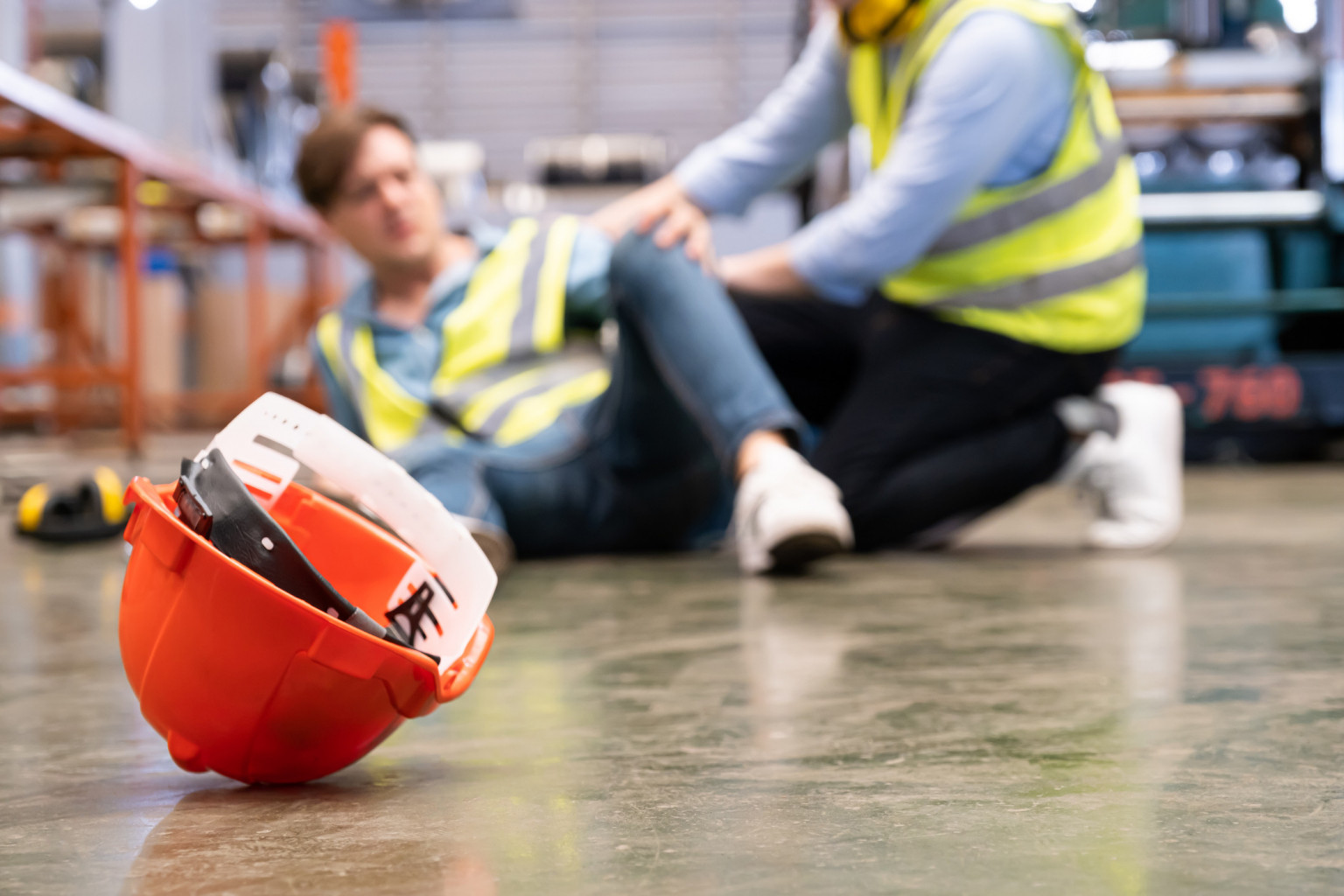We’ve all experienced falls. In most cases, we dust ourselves off and continue our day with little more than lingering embarrassment. But not all falls are those we can brush off. Sometimes a sudden hard fall causes serious or even severe injuries with consequences that are temporarily or permanently life-altering. Falls are the second most common cause of traumatic brain injuries, exceeded only by traffic accidents. Slip-and-fall accidents are also a major cause of broken bones, including debilitating hip fractures in older Americans.
A slip-and-fall accident can be expensive as well as painful, with missed days or weeks of work at the same time expensive medical bills begin coming in. If you’ve been injured in a slip-and-fall accident in New Jersey, you may be wondering if you can recover your financial losses by suing the owner of the property or business where you fell. Can you file a lawsuit after a slip-and-fall accident that causes financial consequences as well as pain and suffering?

Understanding a Slip and Fall Claim in New Jersey vs. a Lawsuit
Injury victims commonly use the word “sue” to describe recovering their financial losses and compensation for pain and suffering after an accident—known as the victim’s damages in a personal injury case. In most cases, a lawsuit in court isn’t required to recover compensation. Instead, an experienced personal injury lawyer represents the victim through the process of recovering compensation from the appropriate insurance company. For example, in slip-and-fall claims, a property owner’s or business owner’s premises liability insurance covers the victim’s damages. Damages typically include medical expenses, lost income, and compensation for pain and suffering.
Sadly, insurance companies commonly undervalue or wrongfully deny claims to protect their profits. A Cherry Hill slip-and-fall lawyer defends a client against those tactics by investigating all aspects of the fall, documenting the evidence of liability, and sending a demand package to the insurance company with the evidence and a carefully calculated list of economic and non-economic damages to make a compelling case for compensation.
In the majority of cases, the insurance company simply offers a settlement after negotiating with the attorney who represents their client’s best interests throughout negotiations. This helps the insurer avoid the additional costs of defending against a lawsuit in court.
When Does a Slip and Fall Claim Require a Lawsuit?
In five to ten percent of slip-and-fall cases in New Jersey, a property owner, or the insurance adjuster assigned to their case, disputes the injury victim’s claim or offers an unsuitably low settlement amount. In these cases, the injury victim’s lawyer may recommend a lawsuit to take the case to court for a jury to decide. In New Jersey slip-and-fall claims, a lawsuit often results in a higher jury award for damages than the amount the victim would receive in a settlement, but it’s also a more complex and time-consuming process.
Statute of Limitations for Slip and Fall Cases in New Jersey
Deciding whether or not to file a lawsuit also depends on the timing of the claim. New Jersey has a two-year time limit for filing a court case for damages after a personal injury such as a slip-and-fall injury. If negotiations for a settlement take many months, the injury victim may choose to file a lawsuit to ensure that the case goes to trial before the two-year statute of limitations expires. The state may also extend the time limit for some cases, such as for underage victims who have up to two years after their 18th birthday to file a claim. Cases of delayed injury discovery may also gain an extension, for example, if a doctor diagnoses a nagging back ache as caused by a burst disc in a previous slip-and-fall accident. In that case, the two-year time limit for a New Jersey slip-and-fall lawsuit begins on the date of the discovery.